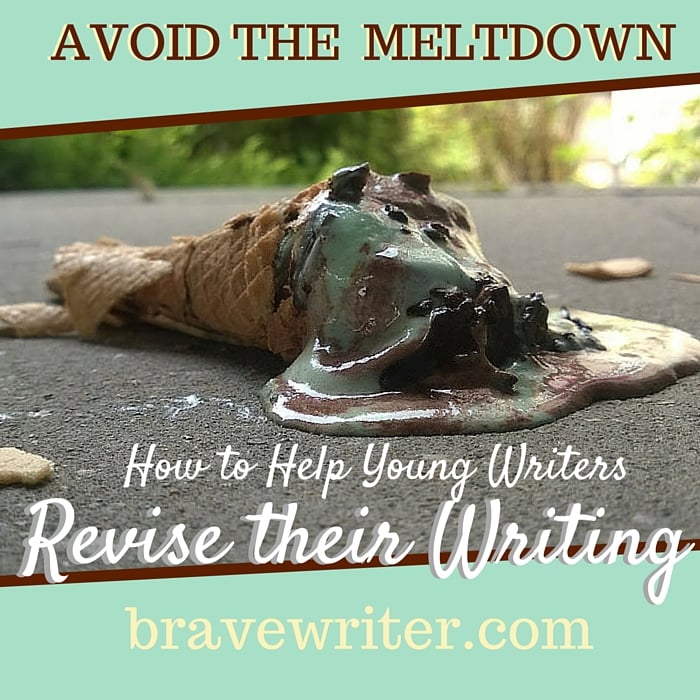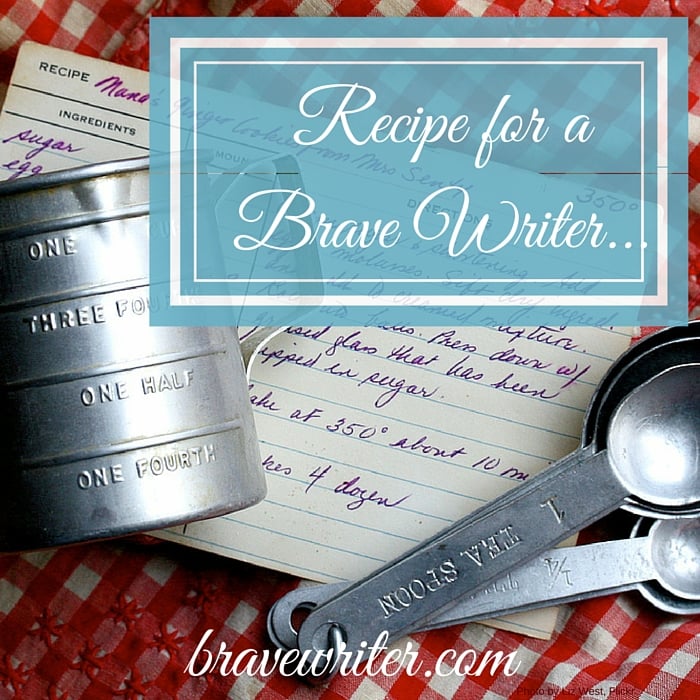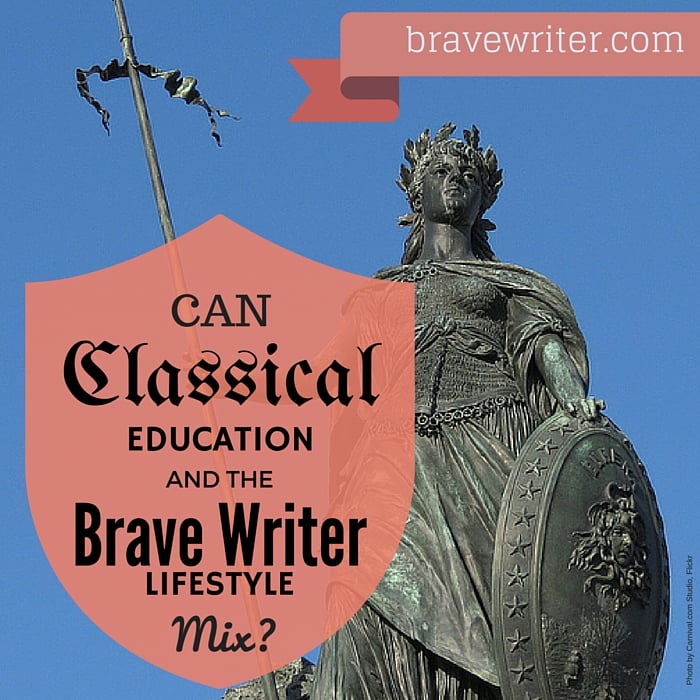It’s possible to offer your young writer editorial feedback without triggering a meltdown!
From Hilary:
I was trying to coach my dd (10) on her first draft of an essay. We had talked about using her first draft (which she did on her own, without my prompting) as a base for a writing project, and she agreed.
As we went over it I commented on the good things I saw, the detail I liked, the flow of the essay, the excellent ending. Her topic was Helpful, Influential Genres (she agreed this was more accurate a title than Helpful, Influential Books). As I commented on the things that could be spruced up to be made more powerful, she really got defensive and closed up emotionally. I wanted her to choose a different word or a phrase for “helpful” in her essay, to fill out what that means.
Neither of my daughters likes to be corrected, even when I preface everything with things I liked and things that they did well. How do I help them understand that I want to help them grow as writers? Is there a way to help them before they have a meltdown?
My response:
Meltdowns over editorial input are familiar to all writers. It takes time to let go of the ego investment long enough to recognize that someone’s input may actually help you write better than you realized you could.
As you rightly note, I like to start with what I like about a writer’s writing before I express ideas for improvement. So let me affirm you for doing what so many moms forget to do – that is, you found valuable ideas and detail, affirmed an excellent ending and applauded the flow of the piece. Thank you for being concrete and for making sure to do that.
Then you wanted to offer feedback for revision and this is where things got touchy. I have some principles and practices that may help.
First, kids need to know that they are the authors who have the final say over their writing. Just because you know that a change would enhance the piece doesn’t mean that it must be made. The writer must know that she is evaluating the input and making a judgment about it, not that she is victim to the changes a power figure requires her to make. See the difference? So offer the comment like this: “Hmmm. It seems to me that the word ‘helpful’ isn’t as clear as the rest of this title. What do you think?”
Or you might say, “Are you interested in hearing any feedback about the title? I have an idea that might make it pop to life, but want to be sure you are interested before I suggest it.”
By respecting her authority over her original writing, you give her the power which makes it easier for her to either hear you or to admit that she doesn’t want to hear you. In either case, you have a win-win. You develop trust. Eventually, when trust is built, she will want to hear you and perhaps over time, will even take your suggestions as welcome.
By respecting her authority over her original writing, you make it easier for her to hear you and to hear herself.
Second, the positive feedback can’t be seen as “buttering up” before delivering the “real feedback” which will then be critical. Be specific (as you were) and leave some space between affirmation and constructive critique (like lunch or a couple of days). Let the positive have its impact before offering critique.
Third, remember that your feedback makes an impact even when she doesn’t take your advice. For instance, when you pointed out that the word “helpful” wasn’t that clear, she may choose not to make the change in this piece. However, you can bet that the next time she writes the word “helpful” she will remember that discussion about it and may at that time “self-edit” and choose a better word for the new paper.
Fourth, not every piece of writing needs to be improved. You can ask if this is one she wants to work on or if she is happy with it as is. If she appears to never want to revise a paper, you can suggest the following.
“Mary, let’s collect four of your papers and pick one to revise. You choose. Then I want you to share with me ways that you can improve it. If you need some ideas for how to revise, I can help. If you’re interested in my feedback about this particular piece, I’m here to help you too. Just let me know.”
This helps her to see that it’s important to revise and to learn to revise, but you leave her in control of when it happens, to which piece and how she will receive feedback.
Finally, don’t worry if it appears that she is resistant to feedback for a long time. It takes time to build trust between writer and editor. If she senses that you consistently are on her side, that you affirm what works well and that the feedback you offer is for her consideration, not as a command, she will come to trust you. If the feedback you give results in a wonderful change that makes the writing spring to life, she will then be likely to ask for your input the next time, rather than being suspicious of it.
Hope those help!
-Julie


























